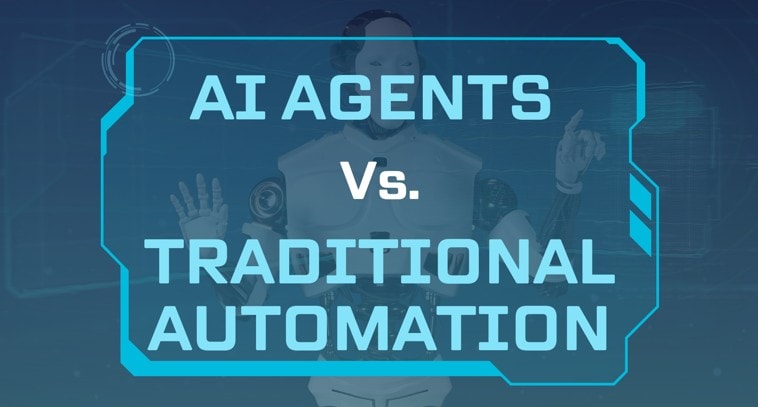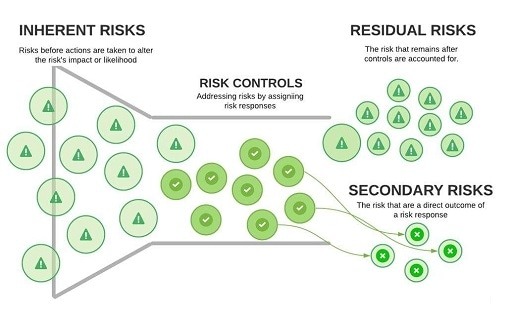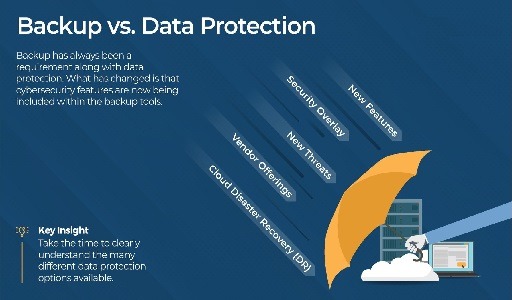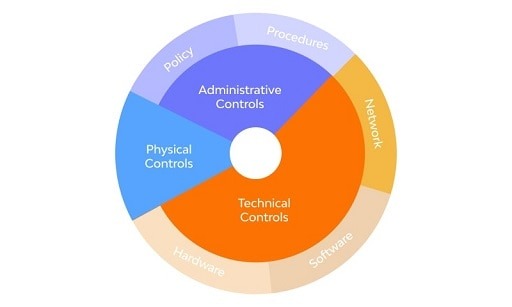Cloud-based security solutions are sought after by both businesses and individuals as a means to safeguard their data. However, before opting for such services, it’s crucial to weigh the pros and cons, as there are advantages as well as disadvantages associated with them.
What are Cloud-Based Security Solutions?

Cloud-based security solutions are services that use cloud computing technology to secure data and protect it from unauthorized access or other cyber threats. These solutions are typically provided by third-party vendors who specialize in cloud security and offer a range of tools and features to help individuals and organizations safeguard their data.
Cloud-based security solutions can include a variety of features, such as firewalls, intrusion detection and prevention systems, antivirus and anti-malware software, data encryption, access controls, and more. They are designed to be scalable and flexible, allowing users to easily adapt to changing security needs and requirements.
Some common examples of cloud-based security solutions include cloud-based backup and disaster recovery services, software-as-a-service (SaaS) applications that incorporate security features, and cloud-based identity and access management (IAM) platforms.
In otherwords, cloud-based security solutions harness the power of cloud computing to safeguard data from malicious entities. These services are ideal for protecting sensitive information like passwords, social security numbers, or credit card details by storing them in a secure online environment. This approach ensures that only authorized individuals can access and modify the data, thereby reducing the risk of data leakage.
Apart from data storage and protection, cloud-based security solutions also monitor network activity and detect any suspicious behavior. These services continuously scrutinize the network to identify potential security threats and generate alerts when necessary.
Unlike traditional security solutions that require hardware and software installation on individual devices, cloud-based security solutions like cloud antivirus are stored remotely in the cloud. This eliminates the need for any hardware or software installation on each device, simplifying device management across multiple devices.
The advantages of a Cloud-based security solution
There are several advantages that cloud-based security solutions offer over traditional security solutions.
Increased Accessibility
With cloud-based security solutions, users can access their data and monitor networks from anywhere with an internet connection. This feature makes it possible to manage multiple devices and detect suspicious activity from any location. Additionally, it eliminates the need for users to be physically present in the office to access their data or monitor network activity.
Increased Security
Cloud-based security solutions offer an extra layer of protection that can help keep data secure from malicious actors. The cloud environment incorporates multiple layers of encryption and authentication to protect sensitive information from potential attacks. Furthermore, cloud-based security solutions are consistently monitored and updated to ensure that the most up-to-date security measures are in place.
Cost Effective
Cloud-based security solutions are usually more cost effective than traditional security solutions. This is due to the fact that there is no requirement to purchase, install, and maintain hardware or software on each device. As a result, businesses can save a significant amount of money over time.
Secure Backup
Cloud-based solutions offer an added layer of redundancy in case of a disaster. By storing data on the cloud, critical information can be kept safe and secure even if physical hardware is affected. This provides significant peace of mind for many organizations.
Hardware Independency
An advantage of cloud-based security solutions is that they are not reliant on any hardware, meaning that businesses and individuals do not have to purchase or maintain additional devices to use the service. Additionally, there is no need to worry about any security breaches resulting from hardware failure.
Scalability
Cloud-based security solutions offer a significant advantage in terms of scalability, which can be challenging to achieve with traditional on-premise solutions. Cloud-based services enable organizations to scale up or down quickly, depending on their requirements. This makes it simpler for companies to manage multiple devices and users without having to invest in additional hardware or software. However, managing data across multiple cloud providers requires effective coordination, integration, and monitoring to ensure seamless operations and data consistency with support from multiple cloud storage manager.
The disadvantages of a Cloud-based security solution
Although cloud-based security solutions offer several advantages, there are still some drawbacks that should be considered before deciding to use the service.
Lack of Control
Cloud-based security solutions may pose a challenge for users who require complete control over their data and networks. This can be especially problematic for companies that must comply with specific regulations or implement particular access controls. Without the proper controls, companies could be at risk of data breaches or unauthorized access to their networks.
Internet Connection Reliance
One of the major downsides of using a cloud-based security solution is its heavy reliance on an internet connection. In the event of connection problems, businesses may be unable to access data or monitor networks until the issue is resolved. This can have severe consequences if a security breach occurs during the downtime. Additionally, some cloud-based solutions may be more expensive if the internet connection is not fast enough to support them.
Potential Data Breach
Cloud-based security solutions come with a risk of data breaches despite all the security measures taken to secure cloud networks. There is always a possibility that someone could gain unauthorized access to sensitive information, which could have severe consequences for businesses and individuals whose data is compromised.
Bandwidth Issues
Cloud-based security solutions may be limited by the available bandwidth, which may not be enough to support all of a business’s applications and services depending on its size and network load. This could result in performance issues or data loss if the connection speed is inadequate.
Lack of Reliability
In addition to the risk of data breaches, cloud-based security solutions can also be unreliable on occasion. Network disruptions or other technical problems can cause services to go down, leaving users unable to access their data or applications. This could have severe consequences for companies that depend on these services for their everyday operations.
Best Practices for Implementing Cloud-Based Security Solutions
Implementing cloud-based security solutions can be a complex process that requires careful planning and execution. Here are some best practices to follow when implementing cloud-based security solutions:
- Conduct a thorough risk assessment: Before implementing any cloud-based security solution, it is important to conduct a risk assessment to identify potential threats and vulnerabilities. This will help you determine which security solutions are best suited to your needs.
- Choose a reputable cloud service provider: It is important to choose a cloud service provider that has a strong reputation for security and compliance. Look for providers that have certifications such as ISO 27001, SOC 2, or PCI DSS.
- Use strong authentication: Implement strong authentication methods such as multi-factor authentication to prevent unauthorized access to your cloud-based applications and data.
- Encrypt data: Encrypt sensitive data both in transit and at rest. This will help protect your data from interception and unauthorized access.
- Implement access controls: Implement access controls to ensure that only authorized users have access to your data and applications.
- Monitor your network: Regularly monitor your network for suspicious activity and implement automated alerts to notify you of any potential threats.
- Regularly update and patch software: Keep all software and security patches up to date to prevent vulnerabilities from being exploited.
- Train employees: Train employees on proper security practices and educate them on the risks associated with cloud-based security solutions. This will help prevent human error and ensure that everyone in your organization understands the importance of security.
Protect Your Data Using Cloud Services
Cloud-based security solutions offer various benefits to businesses, but it is crucial to keep in mind the potential drawbacks before implementing a service. However, by adhering to best practices and ensuring a reliable internet connection, organizations can optimize the advantages of cloud-based security solutions and safeguard their data effectively.
Would you like to read more about the advantages of Cloud-based security solutions-related articles? If so, we invite you to take a look at our other tech topics before you leave!










